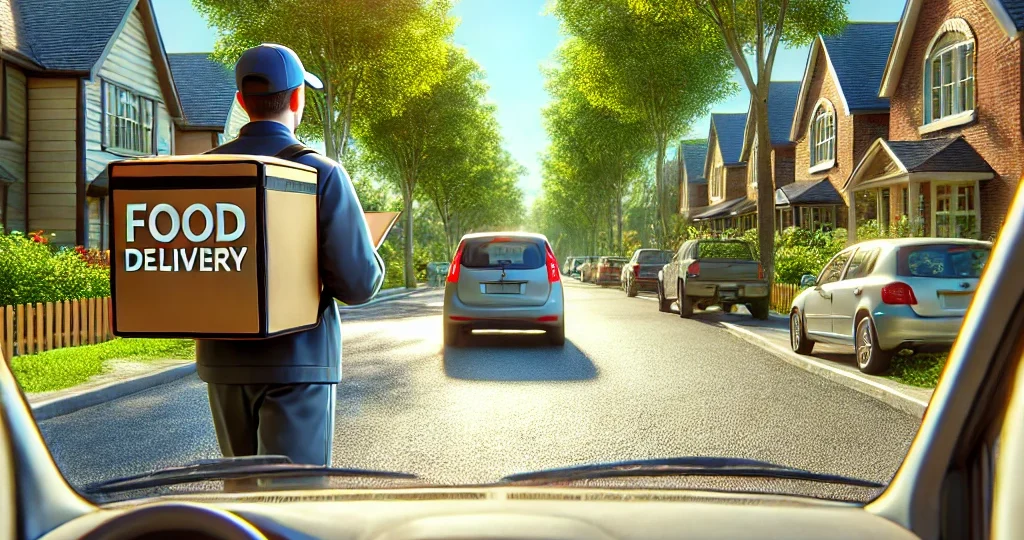
Food delivery platforms have revolutionized the way we order and enjoy meals, offering convenience and variety at our fingertips. However, behind the scenes, these platforms navigate complex legal issues related to safety, liability, and contracts with restaurants. Understanding how these platforms handle these critical matters is essential for both consumers and businesses involved.
Safety Measures and Responsibilities
Ensuring the safety of the food being delivered is a top priority for food delivery platforms. They typically implement rigorous standards and protocols to minimize the risk of contamination, spoilage, and other safety concerns. This often involves:
- Partnering with licensed and regulated restaurants that meet specific health and safety standards.
- Regular inspections and audits of partner restaurants to ensure compliance with food safety regulations.
- Training delivery drivers on proper handling and transportation of food to maintain its integrity.
Despite these measures, incidents of foodborne illness or other safety issues can still occur. In such cases, the liability for any harm caused by unsafe food delivery may be shared between the platform, the restaurant, and the delivery driver, depending on the specific circumstances and local laws.
Liability Concerns and Legal Protections
Food delivery platforms often face complex liability issues, particularly when it comes to:
- Delivery Accidents: If a delivery driver is involved in an accident while on the job, the question of liability arises. In many cases, the platform may be held liable for the actions of its independent contractors, leading to legal disputes over compensation for injuries and property damage.
- Food Quality and Safety: When a consumer suffers harm due to contaminated or unsafe food, determining liability can be challenging. The platform, the restaurant, and the delivery driver may all be implicated, leading to disputes over who is responsible for the damages.
- Contractual Disputes: The contracts between food delivery platforms and restaurants often contain clauses that define each party’s responsibilities and liabilities. Disputes may arise if one party fails to meet its obligations, leading to legal action or arbitration.
To protect themselves, food delivery platforms typically rely on carefully crafted contracts, insurance policies, and legal disclaimers. These documents aim to limit the platform’s liability and shift the risk onto the restaurants and delivery drivers, where possible.
Contractual Relationships with Restaurants
The relationship between food delivery platforms and restaurants is governed by detailed contracts that outline:
- Commission and Fees: Most platforms charge restaurants a commission on each order, typically ranging from 15% to 30%. The contract specifies the exact percentage and any additional fees for marketing, delivery, or other services.
- Delivery Terms: If the platform provides delivery services, the contract will detail the terms, including delivery times, responsibilities of the delivery driver, and any guarantees or penalties for late or failed deliveries.
- Menu and Pricing: Restaurants must adhere to the platform’s guidelines for menu items and pricing. Any changes to the menu or prices usually require approval from the platform.
- Intellectual Property and Data: The platform may require the restaurant to grant it certain rights to use the restaurant’s branding, menu, and customer data for marketing and other purposes.
- Termination and Dispute Resolution: The contract will specify the conditions under which either party can terminate the agreement, as well as the process for resolving disputes, which may include mediation, arbitration, or litigation.
Recommendation: Seek Legal Guidance
Given the complex legal landscape surrounding food delivery platforms, both consumers and businesses should seek legal guidance to protect their interests. If you have concerns about safety, liability, or contractual issues related to food delivery, contact Juris Law Group for a free consultation. Our experienced team can provide the expertise and support you need to navigate these matters effectively.
